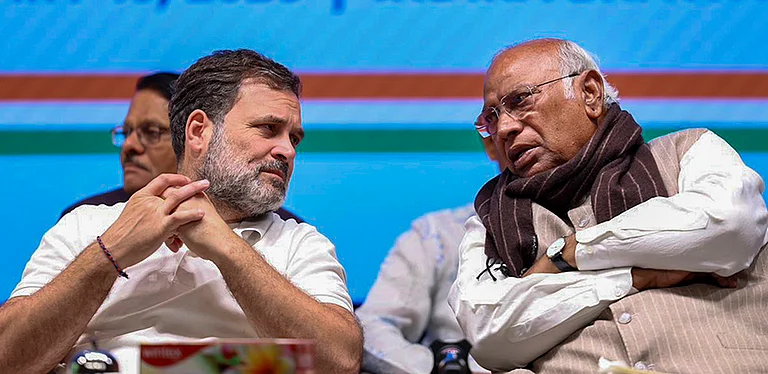At the end of the G20 foreign minister’s meeting, a joint communique could not be issued on differences over Ukraine. Opinions have hardened on both sides since the Bali declaration last year, and it was not surprising that Russia and the west could not reconcile their views. Instead of a joint statement, the G20 issued an Outcome Document and the Chair’s Summary. The statement highlighted the G20's commitment to tackling some of today’s crucial issues brought on by the pandemic, global warming and the Ukraine war.
“There was a large number of issues where there was agreement: multilateralism, food and energy security, climate change, gender issues, global health, terrorism. There was a considerable meeting of minds. If we had a perfect meeting of minds, we could have had a collective statement, but divergences on Ukraine did come in the way of that,’’ foreign minister S Jaishankar said at a news conference on Thursday. Views on Ukraine were "polarised" and made it impossible to bridge the gap between the two sides.
There was consensus on all but two of the 24 paragraphs that were adopted by the G20 ministers. Paragraphs three and four were rejected by Russia and China, though they were part of last year’s joint communique at the Bali G20 summit. Since then views on both sides have hardened and Russian foreign minister Sergey Lavrov hit out at the western leaders at a news conference later in the day.
"The officials negotiated, but there were a large number of issues which were agreed by the members, like multilateralism, gender issues, counter-terrorism, anti-narcotics --- I don't want to put a per cent on it. The bulk of the issues concerning the global south was agreed in the outcome document.”
But, he added, “There were issues concerning the Ukraine conflict. There was a chair summary and not a joint commune.”
One of the paragraphs rejected by Russia and China according to the Summary and Outcome Document released this evening was on Ukraine :
"The war in Ukraine has further adversely impacted the global economy. There was a discussion on the issue. We reiterated our national positions as expressed in other fora, including the UN Security Council and the UN General Assembly, which, in Resolution No. ES-11/1 dated 2 March 2022, as adopted by majority vote (141 votes for, 5 against, 35 abstentions, 12 absent) deplores in the strongest terms the aggression by the Russian Federation against Ukraine and demands its complete and unconditional withdrawal from the territory of Ukraine. Most members strongly condemned the war in Ukraine and stressed it is causing immense human suffering and exacerbating existing fragilities in the global economy – constraining growth, increasing inflation, disrupting supply chains, heightening energy and food insecurity, and elevating financial stability risks. There were other views and different assessments of the situation and sanctions. Recognizing that the G20 is not the forum to resolve security issues.’"
All the foreign ministers gathered agreed that the war had severely affected the global economy and hit the poor and the vulnerable much more. For India, it was important to highlight the issues of the developing nations that had borne the brunt of shortage of food and fertilizer and high energy costs together with the continuing challenge of climate change. The need for secure supply lines that affect the global economy was emphasized by several countries. The need to reform global multilateral institutions, the fight against terrorism, and skill mapping were all agreed on. Good resolutions were expressed all around the table, but whether the rich countries focused on Ukraine will have the time and energy to implement their promises remains to be seen.



























